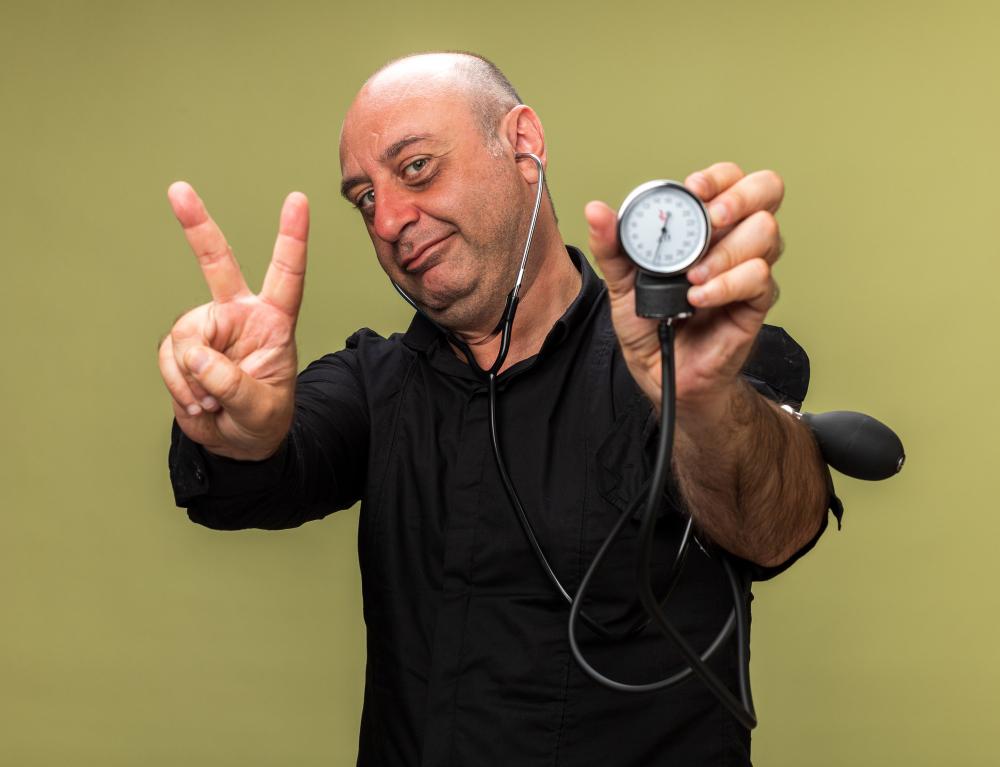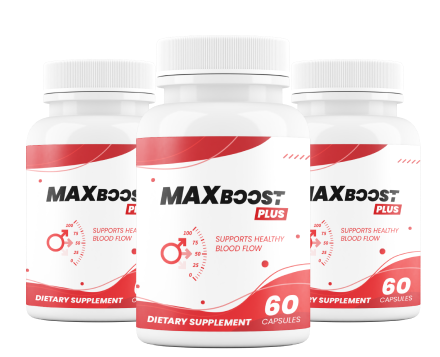Managing Stage 2 Hypertension Effectively

A stage 2 hypertension diagnosis often comes as surprising and unsettling news that can feel overwhelming. You might be thinking, “Wait, how did it get this far?” or “What happens to me now?” Well, here’s the thing: you’re not alone. Millions face this diagnosis every year, and the path forward, how to manage stage 2 hypertension, isn’t as mysterious or overwhelming as it might seem.
Now, let’s walk you through what these numbers really mean, how to spot warning signs sooner, simple changes can make a big difference, and how working with your doctor (and a little support from friends and family) can help you feel in control again.
What Is Stage 2 Hypertension?
If you have also found yourself staring at those blood pressure readings in disbelief, maybe 145 over 96 or even higher, you’re experiencing stage 2 hypertension. Simple as it sounds, that number means your heart has to work harder all the time. It’s not just about numbers, though; it’s more about what they signal for your future health.
Why Should You Take Stage 2 Hypertension Seriously?
To be very honest, it’s easy to ignore things that don’t seem urgent. We’ve all put off a chore and regretted it later; it’s human nature! But high blood pressure doesn’t just wait quietly in the background. If untreated, it increases your chances of heart attacks, strokes, kidney problems, and even vision loss. Moreover, it’s a bit like letting a slow leak in a tire go: one day, it could leave you stranded. So, addressing it now gives you the best chance to prevent problems later.
So, here’s the good news: there are clear steps you can take, and they’re more manageable than you might expect.
Recognizing the Symptoms: Is Hypertension Really Silent?
But you’ve probably heard that hypertension is “the silent killer,” but is that true? So, for most people, it doesn’t come with a fanfare of dramatic symptoms. Still, there are signs that shouldn’t be brushed off. Sometimes, you might notice:
- Headaches that linger, especially in the morning
- Shortness of breath after light activity
- Occasional nosebleeds
- Dizziness or blurred vision
- Chest pain, though this is less common
Knowing these subtle warning signs is important, but don’t wait for symptoms to appear. Regular blood pressure checks are the best way to know where you stand.
Sure, understanding the risks can be scary, but it can also light a fire under us. Ultimately, it’s what you do next that brings results.
Simple Lifestyle Shifts That Make a Real Difference
At first, the idea of turning over your entire lifestyle might sound draining. Do you really have to ditch everything you love? Not at all. In reality, even gradual changes can have a big impact on blood pressure, both quickly and over time.
Let’s break it down:
- Lower your sodium intake. Start by checking food labels or cutting back on processed snacks.
- Get moving. Even a 20-minute walk a few times a week helps.
- Aim for a healthier weight. Each pound you lose is a win for your heart.
- Limit alcohol. A drink here and there is fine, but regular excess takes a toll.
- Find your way to unwind. Whether it’s deep breathing, a quick stretch, or simply a quiet moment, stress control matters more than most people realize.
The good news? Every step you take shows up as a benefit for your heart, mind, and overall well-being, even if you’re not perfect every day. Let’s be honest, it’s normal to slip now and again; progress matters more than perfection. Therefore, take it one habit at a time and celebrate those little wins. Of course, sometimes lifestyle changes need backup; that’s where medication comes in.
Navigating the Medical Cabinet (Without Confusion)
If you’re new to taking medications for high blood pressure, you might feel a bit overwhelmed. “Will I need pills forever? Will I get side effects?” These are valid questions, and every person’s approach is unique.
Doctors have several tools to help get numbers down to a safer range, such as:
- ACE inhibitors: Help your blood vessels relax and widen.
- Calcium channel blockers: Make it easier for your heart to pump blood by keeping vessels smooth.
- Diuretics: Help your body get rid of extra salt and water.
Most people need more than one type to hit their target, and your doctor will customize your regimen based on your overall health, allergies, and tolerance. Some medications can make you feel dizzy, a bit tired, or cause a cough. Mention anything odd you notice. And yes, it’s crucial to take these the same way, every day, even if you feel fine.
Medication isn’t a solo act; it’s about working with your doctor, listening to your body, and adjusting together over time. Your consistency and feedback are as important as the prescription itself.
How Can You Get the Most Out of Doctor Visits?
Think of your doctor as your partner in this process, not just the person handing out advice or scripts. Open, honest conversations matter more than you think.
You can get the most out of each appointment by:
- Come in with your blood pressure reords, symptoms, and any side effects you’ve noticed.
- Asking questions like, “Is there something more I can be doing at home?” or “How soon can I expect changes?”
- Writing down your goals for treatment or things that concern you.
It’s natural to worry that you’re “bothering” your doctor, but in reality, clear communication can help prevent misunderstandings and setbacks. Each visit is a checkpoint, not an interrogation, to make sure your plan is working. Support at home counts for a lot, too, but having this solid partnership is your safety net.
Who Can Help You Stay on Track?
So, managing stage 2 hypertension isn’t just about you and your doctor. If you can loop in family, friends, or even online support groups, it’s mostly easier to stick with changes and feel encouraged. People who check in, whether it’s someone reminding you to take your meds or a friend who joins you for a walk, and who can lift some of the daily pressure.
Plus, sharing your journey, setbacks, and small wins not only boosts accountability but also makes the process less lonely and, honestly, much more doable. Whether it’s texting a reminder or swapping healthy recipes, this team approach lightens the load.
Bringing together this kind of support can make the difference between feeling adrift and feeling like you’ve got backup. And, when things get tough, it’s nice knowing you’re not on your own.
Conclusion
Managing stage 2 hypertension is important for protecting your health and future. Remember, it’s more than just a number, consistent effort, no matter how small, truly matters. Regular blood pressure checks and honest conversations with your doctor are essential, as is making lifestyle changes at your own pace.
Build a support network that keeps you motivated, and don’t hesitate to ask for help or clarification about your treatment. Treatment Strategies for Stage 2 Hypertension Studies emphasize that even tiny steps, like healthier meals or daily walks, bring meaningful progress. By staying proactive and connected, you can successfully manage your blood pressure and enjoy a healthier, more confident life.








